Average Cost of NHL Treatment in China
.jpg)
When facing a diagnosis like Non-Hodgkin Lymphoma (NHL), one of the most pressing concerns, beyond the medical implications, is often the financial burden of treatment. Many individuals globally explore options beyond their home countries in search of high-quality yet more affordable healthcare.
China has emerged as a significant destination for medical tourism, particularly for complex treatments such as cancer therapies. Understanding the cost of NHL treatment in China is crucial for anyone considering this path, as it can offer a potentially more economical alternative without compromising on advanced medical care.
However, pinpointing an exact figure for NHL treatment in China can be challenging due to the multitude of variables involved. The final cost will be a mosaic of factors, including the specific type and stage of your lymphoma, the chosen treatment strategy—which might involve a combination of chemotherapy, radiation, targeted therapy, or cutting-edge options like CAR T-cell therapy—as well as the reputation and location of the hospital.
This comprehensive guide aims to demystify these costs, providing clarity and helping you make informed decisions about pursuing NHL treatment in China.
What is the average cost of NHL treatment in China?
Estimating an "average" cost for NHL treatment can be complex because lymphoma is not a single disease but a group of cancers originating in lymphocytes, varying in aggressiveness and treatment response. Therefore, a basic chemotherapy regimen for a less aggressive lymphoma might be on the lower end of the spectrum, perhaps starting from $30,000 to $50,000 for a multi-cycle course.
More aggressive forms requiring intensive chemotherapy, stem cell transplants, or advanced immunotherapies like CAR T-cell therapy, can push costs well over $100,000, sometimes even reaching $200,000 or more for the complete package.
These figures typically encompass the medical procedures, medications, hospital stays, and physician fees directly related to the treatment. However, it's vital to remember that these are often initial estimates. The actual total expense can be influenced by how your body responds to treatment, the need for supportive care, potential complications, and any additional diagnostic tests required throughout the process.
Patients should always seek detailed, itemized quotes from Chinese medical facilities to understand the full financial commitment.
What factors influence the cost of NHL treatment in China?
Understanding the variables that contribute to the overall cost is crucial for planning your medical journey. Here are the primary factors:
- Lymphoma Type and Stage: Indolent (slow-growing) lymphomas often require less aggressive treatment than aggressive types, leading to differing costs. The stage of the cancer also dictates the intensity and duration of treatment.
- Treatment Modality:
- Chemotherapy: The number of cycles, specific drugs used, and whether it's combined with other therapies.
- Radiation Therapy: The technique (e.g., IMRT, proton therapy), number of sessions, and complexity.
- Immunotherapy/Targeted Therapy: Costs vary significantly based on the specific biological agents, which can be quite expensive.
- CAR T-cell Therapy: This is one of the most advanced and costly treatments due to its complex nature and specialized manufacturing process.
- Stem Cell Transplant: Autologous or allogeneic transplants involve high costs for preparation, procedure, and post-transplant care.
- Hospital Choice: Major university hospitals or internationally accredited facilities in tier-one cities (like Beijing, Shanghai, Guangzhou) generally have higher costs than smaller, regional hospitals. Their advanced technology and specialized staff contribute to this difference.
- Duration of Stay: Longer hospitalizations for treatment, recovery, or managing complications will increase the overall bill.
- Additional Services: This includes diagnostic tests (PET scans, biopsies, genetic profiling), consultations with specialists, rehabilitation services, and medications for symptom management or side effects.
Is CAR T-cell therapy available for NHL in China, and what does it cost?
China has emerged as a global leader in clinical trials and the implementation of CAR T-cell therapy, especially for hematological malignancies like NHL. Several Chinese biotech companies and hospitals have developed and deployed their own CAR T-cell products, offering a viable and often more affordable option for patients worldwide. This innovative therapy involves genetically engineering a patient's own T-cells to specifically target and destroy cancer cells.
The cost in China, while still substantial, presents a compelling alternative to the exorbitant prices seen in the United States or Europe. The overall package usually includes the cell collection (leukapheresis), the manufacturing of the CAR T-cells, the infusion procedure, and the crucial post-infusion monitoring for potential side effects, such as cytokine release syndrome (CRS) or neurotoxicity. Patients considering CAR T-cell therapy in China should be aware that the price can vary depending on the specific CAR T-cell product used, the hospital's expertise, and the length of specialized care required after infusion. It is essential to get a comprehensive quote that details all stages of the process.
How does the cost of chemotherapy for NHL in China compare to Western countries?
Chemotherapy remains a cornerstone of NHL treatment. In many Western countries, particularly the United States, the price of chemotherapy drugs, administration fees, and associated hospital stays can quickly accumulate to astronomical figures, often exceeding $100,000 for a full treatment course. China's pharmaceutical industry and healthcare system often operate with lower overheads and different pricing structures, making chemotherapy considerably more accessible.
For a standard multi-cycle chemotherapy regimen, a patient might expect costs ranging from approximately $20,000 to $70,000 USD in China. This often includes the drugs themselves, the infusion sessions, necessary supportive medications, and related consultations.
While some brand-name drugs may still be costly, the availability of high-quality generic equivalents and a different market dynamic contribute to the overall lower price point. Patients should inquire about the specific chemotherapy protocol, the names of the drugs, and whether any targeted therapies or immunotherapies are included, as these can impact the total cost.
What are the costs associated with radiation therapy for NHL in China?
Radiation therapy is often used for localized NHL or as part of a multi-modality treatment plan. China boasts modern radiation oncology departments equipped with advanced technology such as intensity-modulated radiation therapy (IMRT) and image-guided radiation therapy (IGRT), similar to facilities in developed Western nations. Despite the advanced technology, the costs remain comparatively lower.
Factors influencing the cost include the type of radiation used (e.g., standard external beam, IMRT, SBRT), the size and location of the treatment area, and the total number of fractions (daily treatment sessions). A basic course might start around $5,000, while more complex or extended treatments could reach up to $20,000.
This price usually covers the planning phase (CT simulations, dosimetry), the daily treatment sessions, and regular check-ups with the radiation oncologist. It is important to confirm what is included in the quoted price, such as preliminary imaging and follow-up consultations.
Are there different price tiers for hospitals offering NHL treatment in China?
China's healthcare system includes a vast network of hospitals, from large, publicly funded institutions to smaller private clinics and specialized cancer centers. This creates distinct pricing tiers:
- Tier 1 Hospitals (Highest Cost): These are typically large, prestigious university hospitals, often located in major metropolitan areas like Beijing, Shanghai, or Guangzhou. They possess cutting-edge technology, highly experienced specialists, and may offer international patient services, including translation and concierge care. Their costs are at the higher end of the spectrum for China but generally still lower than Western equivalents.
- Tier 2 Hospitals (Mid-Range Cost): These include reputable provincial hospitals or specialized cancer centers in secondary cities. They offer excellent care and modern facilities but might have slightly lower overheads or less demand for international services, leading to more moderate pricing.
- Tier 3 Hospitals (Lower Cost): Smaller regional hospitals or general hospitals in less developed areas might offer even more affordable options. While they can provide standard treatments, they might not have the same level of advanced technology or specialized expertise for complex NHL cases.
Patients should research hospital accreditation, doctor qualifications, and patient reviews carefully when choosing a facility, weighing cost against the specific medical needs and desired level of comfort and support.
What additional expenses should I budget for during NHL treatment in China?
Medical treatment abroad involves more than just hospital bills. Here’s a breakdown of common non-medical expenses:
- Accommodation: Depending on the city and your preference, hotel or apartment rentals can range from $50 to $200+ per night. Longer stays might qualify for discounted rates.
- Travel: Round-trip international airfare can vary widely based on your origin and time of booking. Local transportation (taxis, ride-shares, public transport) will also be a recurring cost.
- Meals: Daily food expenses can range from $20 to $50+, depending on dietary needs and dining preferences.
- Visa Costs: Obtaining a medical visa for China will incur application fees and potentially costs for required documentation.
- Interpreter Services: While some international hospitals offer in-house translators, hiring a private medical interpreter can cost $50 to $150 per day and is highly recommended for clarity and comfort.
- Medical Insurance: Travel or international health insurance is essential for emergencies unrelated to your primary treatment.
- Personal Expenses: Budget for toiletries, entertainment, communication (local SIM card), and any unforeseen needs.
- Caregiver Costs: If a family member or friend accompanies you, their travel, accommodation, and daily expenses must also be factored in.
It is wise to add a contingency fund of 10-20% to your total estimated budget for unexpected costs or extended stays.
Can medical insurance cover NHL treatment in China?
For many patients, especially those relying on national healthcare systems or standard domestic insurance plans, coverage for elective treatments in a foreign country like China is typically limited or non-existent. However, certain scenarios might allow for coverage:
- International Health Insurance: If you have a comprehensive international health insurance policy, it might include provisions for medical treatment overseas. These plans are specifically designed for expatriates or frequent international travelers.
- Employer-Sponsored Global Plans: Some large corporations offer global health insurance benefits to their employees that may cover treatment abroad.
- Specialized Medical Tourism Insurance: A niche market exists for insurance specifically designed for medical tourists, which can cover complications or travel interruptions related to your treatment.
It is absolutely critical to contact your insurance provider directly and extensively before making any plans. You will need to understand what services are covered, what the reimbursement process entails, if pre-authorization is required, and any exclusions that might apply. Always obtain written confirmation of coverage to avoid any unpleasant surprises.
Why consider China for NHL treatment as a medical tourist?
For patients seeking high-quality care at a more accessible price point, China offers several compelling advantages:
- Cost-Effectiveness: As discussed, the financial savings on treatments like chemotherapy, radiation, and even CAR T-cell therapy can be substantial, making life-saving care affordable for more people.
- Advanced Technology and Research: China has invested heavily in medical research and technology, particularly in oncology. Many hospitals are equipped with state-of-the-art diagnostic and treatment devices. The country is also at the forefront of clinical trials for novel cancer therapies.
- Expertise: China has a large population, leading to a vast number of medical professionals. Many oncologists have received training both domestically and internationally, gaining extensive experience with a diverse patient base.
- Shorter Wait Times: In some Western countries, patients may face long waiting lists for specialist appointments or advanced treatments. China often offers more immediate access to care, which can be critical for cancer patients.
- Holistic Approach: Many Chinese hospitals integrate traditional Chinese medicine (TCM) with Western medical practices, offering a more holistic approach to patient care, which some patients find beneficial for managing side effects and improving well-being.
While the language barrier and cultural differences can be considerations, many top-tier hospitals cater to international patients, offering English-speaking staff and support services.
What steps should I take to get an accurate cost estimate for NHL treatment in China?
Obtaining a precise cost estimate is perhaps the most crucial step in planning your medical trip. Here’s a recommended process:
- Compile Comprehensive Medical Records: Gather all relevant medical documents, including your NHL diagnosis (type, stage), pathology reports, imaging scans (PET, CT, MRI), previous treatment history, and any genetic or molecular test results. These will be essential for doctors in China to assess your case accurately.
- Research and Identify Hospitals/Specialists: Look for hospitals with strong oncology departments and experience in treating NHL, particularly your specific subtype. Prioritize facilities with international patient services.
- Direct Contact and Itemized Quotes:
- Contact the international patient department of your chosen hospitals.
- Provide your complete medical records.
- Request a detailed, itemized quote for your recommended treatment plan. This should break down costs for:
- Diagnostic tests
- Consultations
- Chemotherapy drugs and administration fees (per cycle)
- Radiation therapy (per session/course)
- Immunotherapy/Targeted therapy (per dose/course)
- Hospital stay (per day/week)
- Surgeries (if applicable)
- Anesthesia
- Supportive care medications
- Follow-up appointments
- Inquire About Inclusive Packages: Some hospitals offer packages for international patients that might bundle medical services with accommodation or interpreter services.
- Ask About Potential Additional Fees: Clarify if there are any charges not covered by the initial quote, such as fees for managing complications, extended stays, or specialized medications.
- Discuss Estimated Duration: Understand the expected length of your stay in China for the full treatment course and follow-up.
- Consider a Medical Facilitator: Companies like PlacidWay can assist in this process, connecting you with reputable hospitals, helping gather quotes, and coordinating logistics.
Considering NHL treatment in China? Explore your options and get personalized solutions with PlacidWay. We connect you with world-class healthcare providers and help you navigate your medical journey with ease and confidence.


.png)
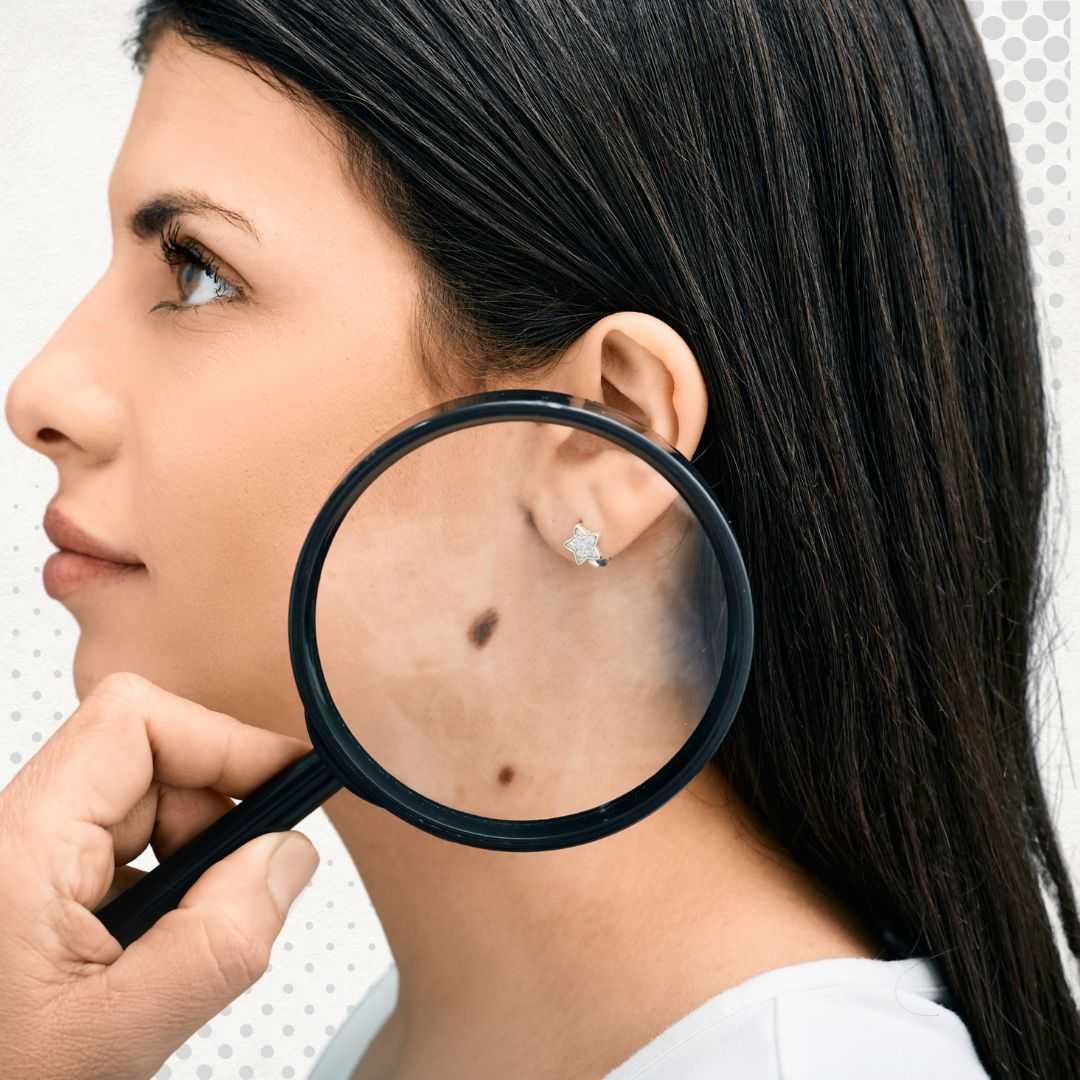


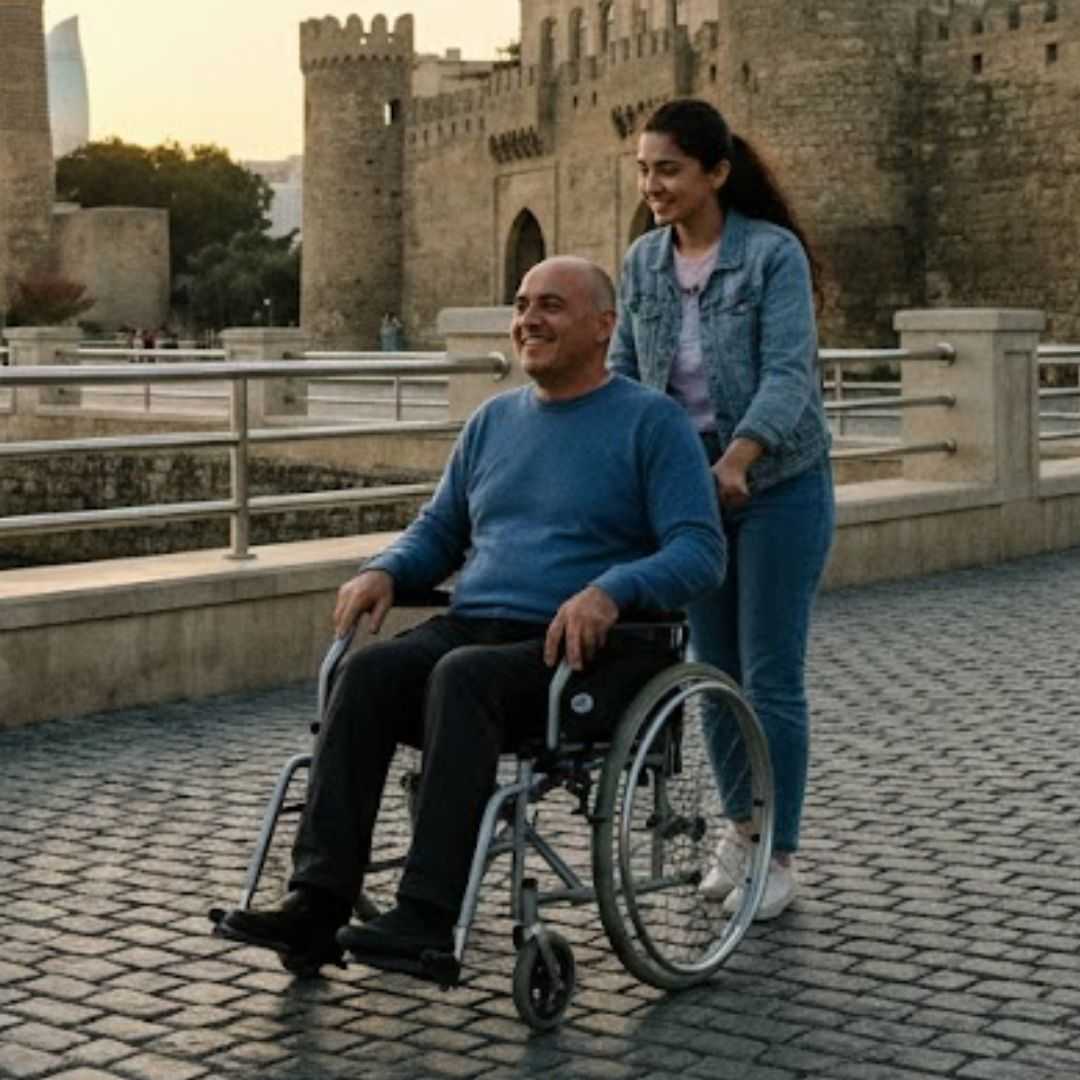
.png)
.png)
.png)


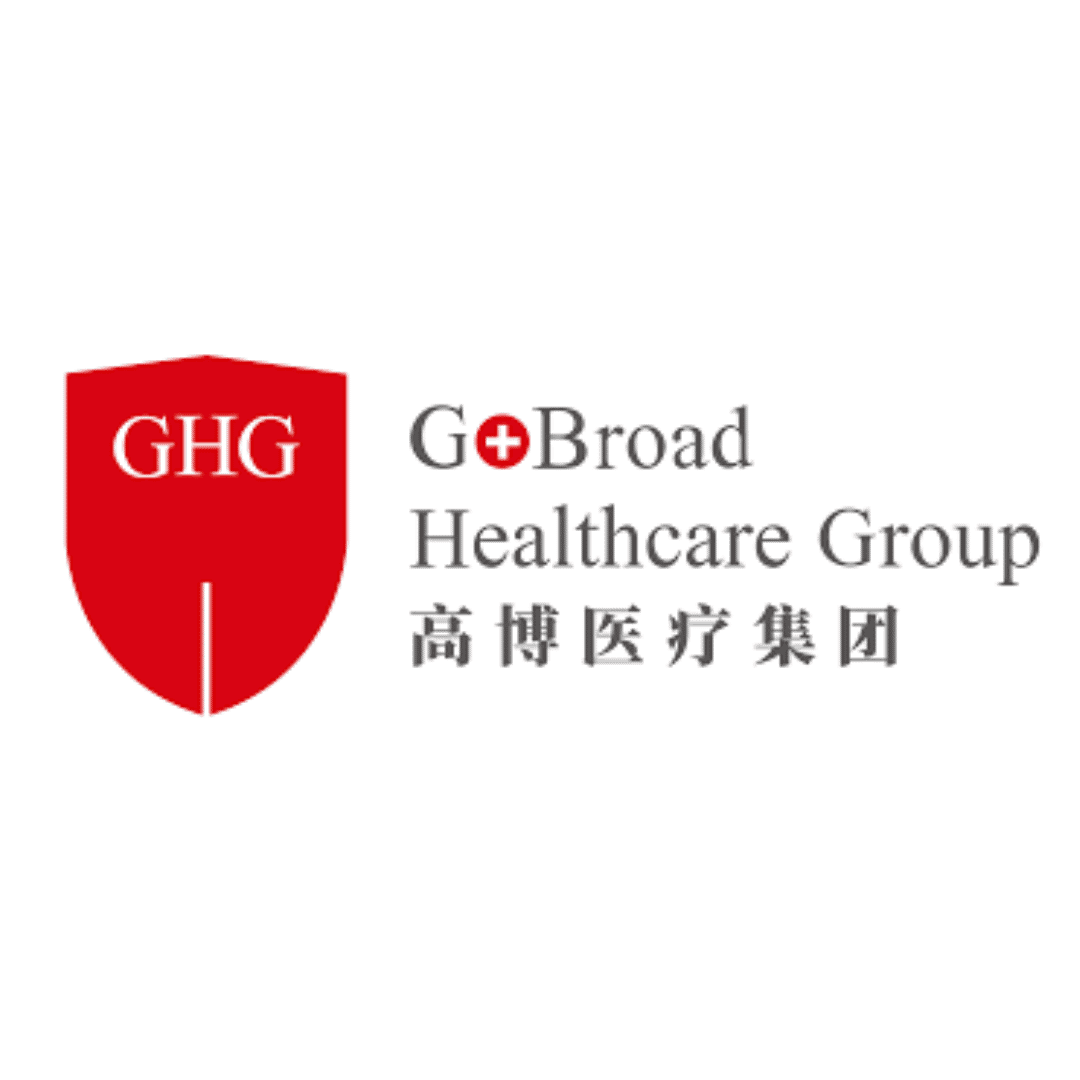
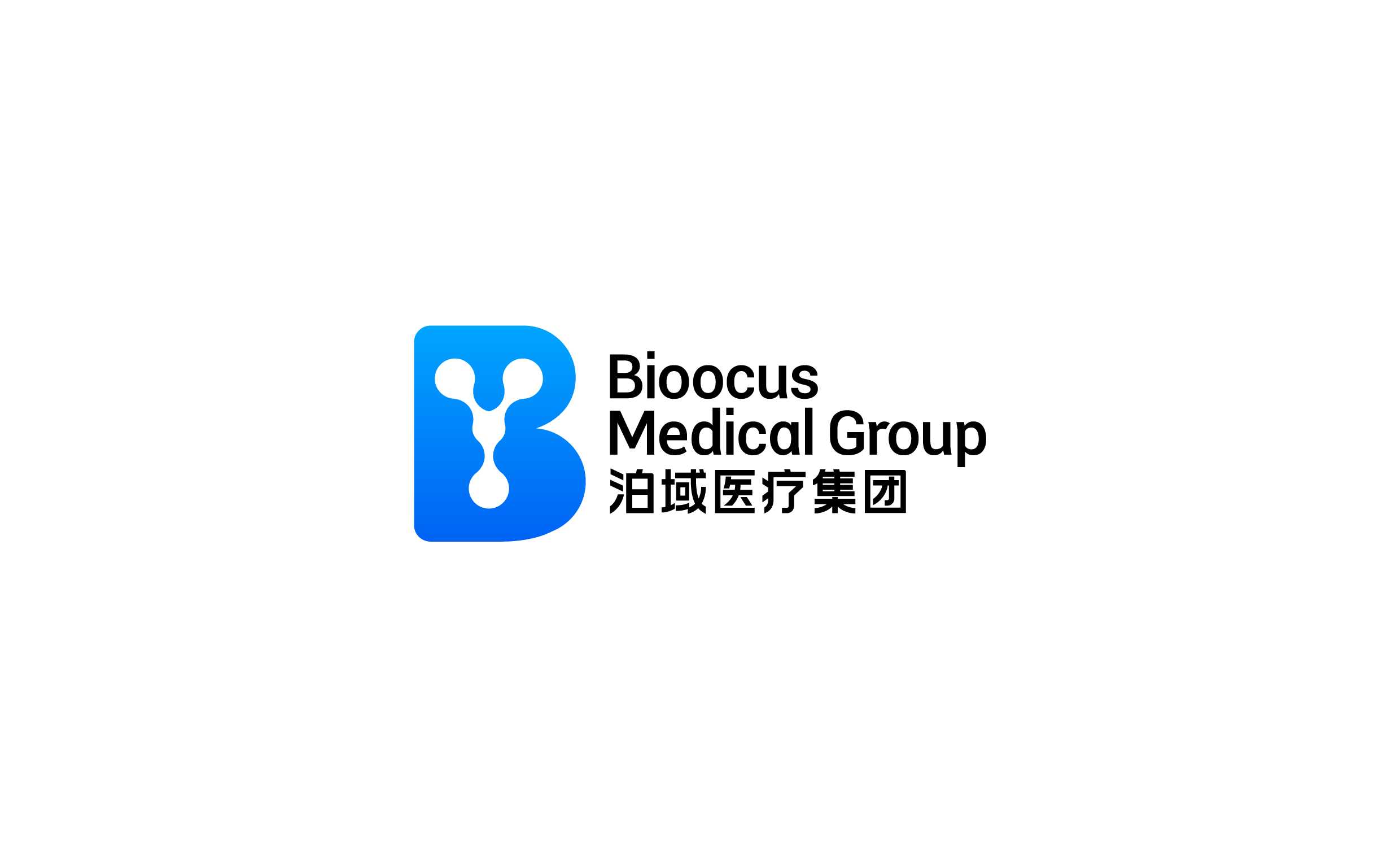
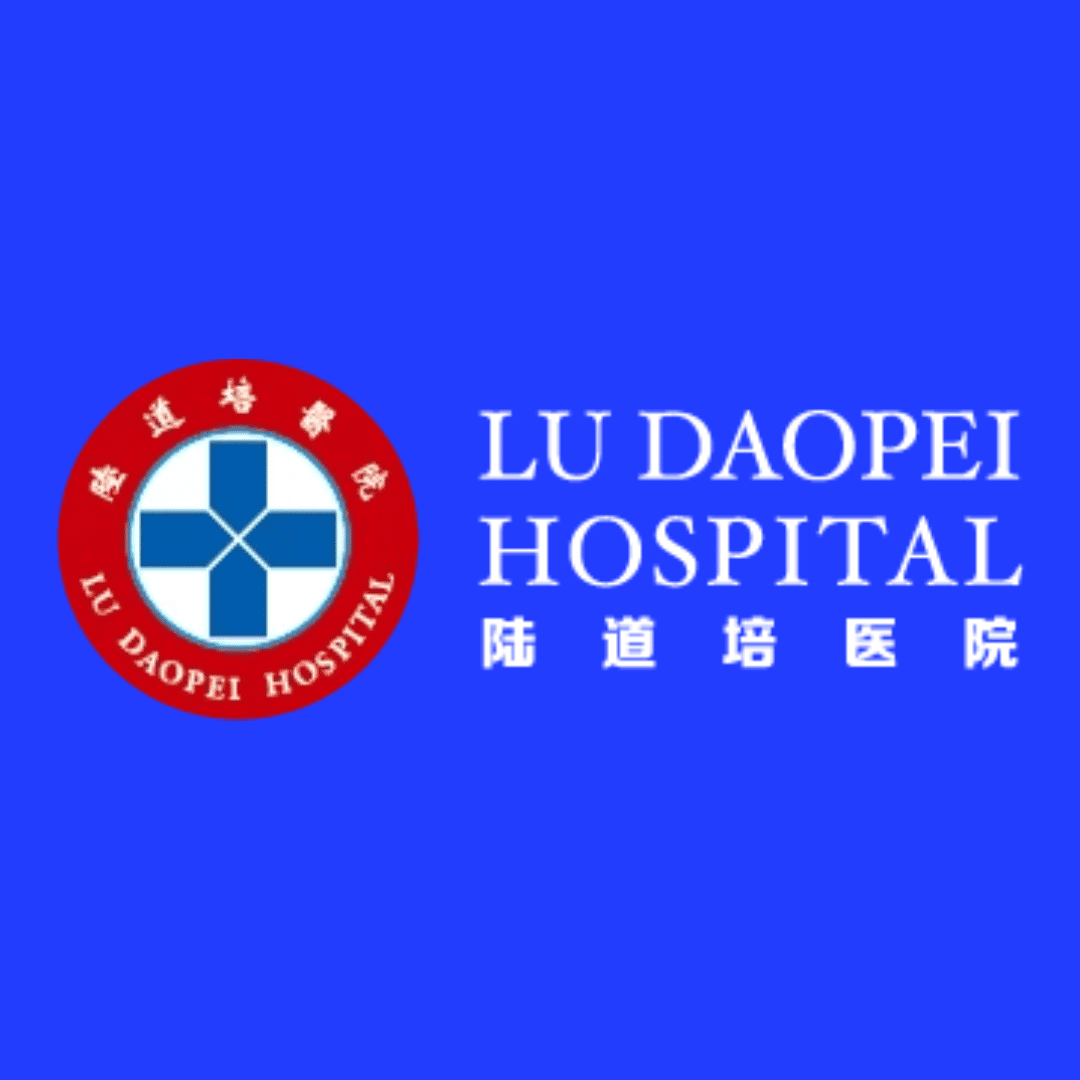
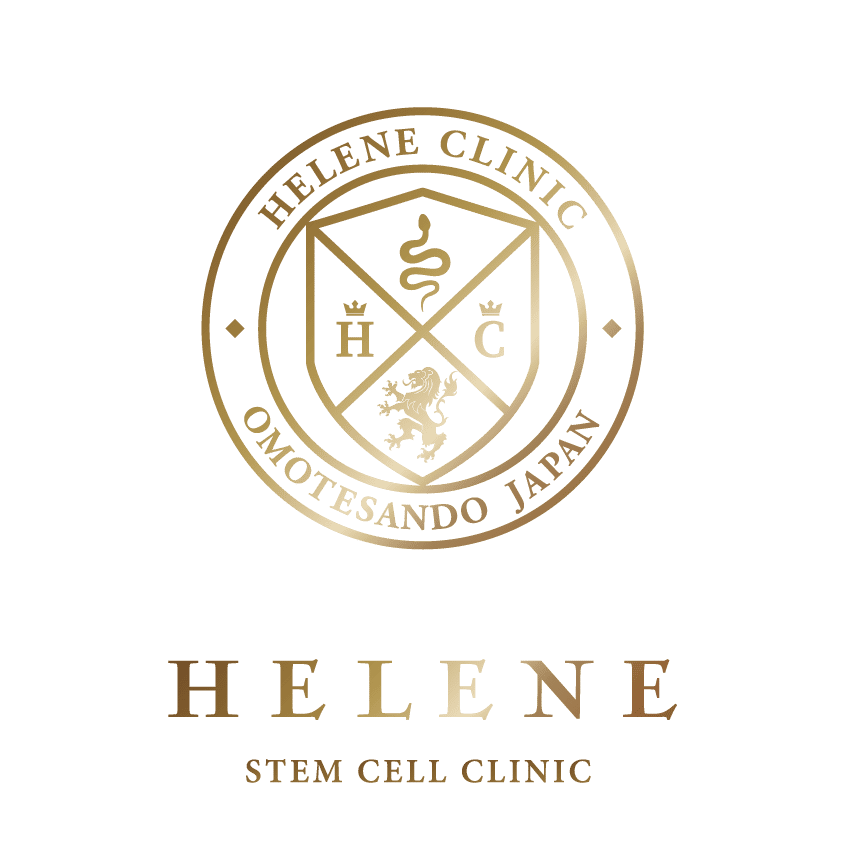

Share this listing